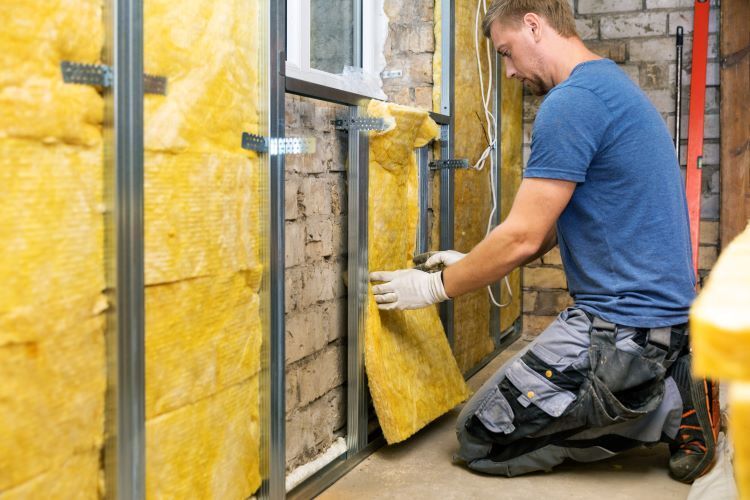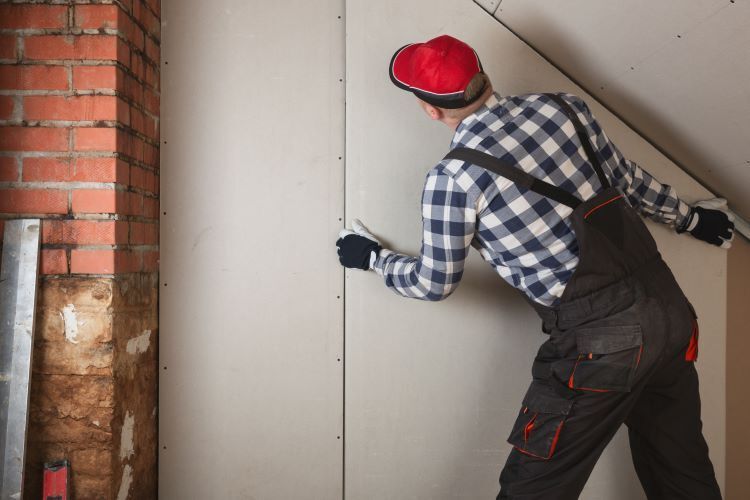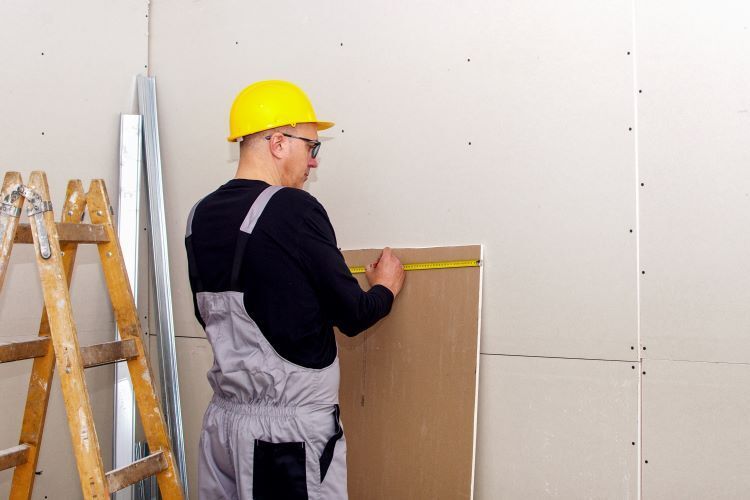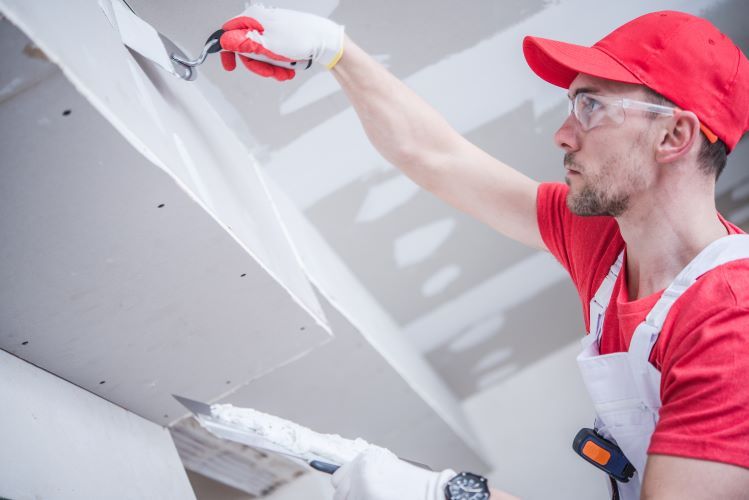Tips for Choosing the Right Drywall Insulation

When it comes to improving the comfort and energy efficiency of your home, drywall insulation is an essential component. Especially in Barrie, Ontario, where winters can be harsh, choosing the right insulation for your walls can make a significant difference in maintaining a comfortable indoor environment. Whether you're renovating an existing space or building a new one, selecting the appropriate insulation is crucial for both performance and cost-effectiveness. Here are some tips to help you choose the right drywall insulation for your home.
1. Understand Your Insulation Needs
Before selecting insulation, it’s important to understand your specific needs. Consider factors such as:
- Climate: In Barrie, where cold winters are the norm, insulation with a high R-value (a measure of thermal resistance) is essential to keep heat inside your home.
- Room Type: Different rooms may require different types of insulation. For example, basements and attics often need more insulation due to their exposure to the elements.
- Budget: While high-performance insulation materials can save money on energy bills in the long run, initial costs vary, so it's important to balance upfront expenses with long-term benefits.
2. Know the Types of Insulation
There are several types of insulation available for drywall, each with its own advantages. Understanding these options can help you make an informed decision:
- Fiberglass Insulation: This is one of the most common types of insulation. It is made from fine glass fibers and comes in batts or rolls. Fiberglass insulation is affordable, easy to install, and provides good thermal resistance. It's ideal for walls, floors, and ceilings.
- Foam Board Insulation: Foam boards are rigid panels made from polystyrene, polyurethane, or polyisocyanurate. They offer a high insulating value with a thin profile, making them suitable for tight spaces. Foam board insulation is also resistant to moisture, which is beneficial in areas prone to dampness, such as basements.
- Spray Foam Insulation: Spray foam expands upon application, filling gaps and creating an airtight seal. It offers excellent thermal resistance and is particularly effective in irregular spaces or hard-to-reach areas. Spray foam is more expensive than other options, but its superior performance can make it a worthwhile investment.
- Mineral Wool Insulation: Also known as rock wool, mineral wool is made from natural stone or recycled steel slag. It is fire-resistant, soundproof, and offers good thermal performance. Mineral wool is a great choice for enhancing fire safety and noise reduction in your home.
3. Consider Moisture Resistance
In Barrie, where humidity and moisture can be concerns, especially in basements and crawl spaces, choosing insulation with good moisture resistance is crucial. Moisture-resistant insulation helps prevent mold growth and structural damage. Foam board and spray foam insulation are particularly effective at resisting moisture, making them ideal for areas with higher humidity levels.
4. Pay Attention to the R-Value
The R-value of insulation measures its ability to resist heat flow. The higher the R-value, the better the insulation’s thermal performance. In Barrie's cold climate, a higher R-value is recommended to keep your home warm during the winter months. When choosing insulation, make sure to select a product with an R-value appropriate for your walls and the local climate.
5. Think About Soundproofing
Insulation not only helps with thermal performance but also with soundproofing. If you’re insulating interior walls, consider materials that offer sound-dampening properties, such as mineral wool or dense fiberglass. These materials can reduce noise transmission between rooms, making your home quieter and more comfortable.
6. Evaluate the Installation Process
The ease of installation varies depending on the type of insulation you choose. While fiberglass batts are relatively easy to install, spray foam insulation requires professional installation due to the specialized equipment and expertise needed. If you’re planning to do the installation yourself, consider choosing a material that is DIY-friendly. However, for more complex insulation needs, hiring a professional ensures that the job is done correctly and efficiently.
7. Budget for Long-Term Benefits
While initial costs are an important consideration, it’s also crucial to think about the long-term benefits of your insulation choice. Higher-quality insulation with a better R-value may cost more upfront, but it can lead to significant savings on energy bills over time. Additionally, choosing moisture-resistant or soundproofing materials can add value to your home and improve your quality of life.
8. Consult with a Professional
If you’re unsure about which insulation is best for your home, consulting with a professional can provide valuable insights. A local expert, like the team at Barrie Drywallers, can assess your home’s specific needs, recommend the most suitable insulation materials, and ensure proper installation. Professional guidance can help you make an informed decision and avoid costly mistakes.
Choosing the right drywall insulation is a critical step in enhancing the comfort, energy efficiency, and overall value of your home. By considering factors such as climate, moisture resistance, R-value, and installation requirements, you can select the insulation that best meets your needs.
Whether you’re renovating or building new, investing in the right insulation will pay off in both immediate comfort and long-term savings.
You Might Also Enjoy:



Contact Us!
